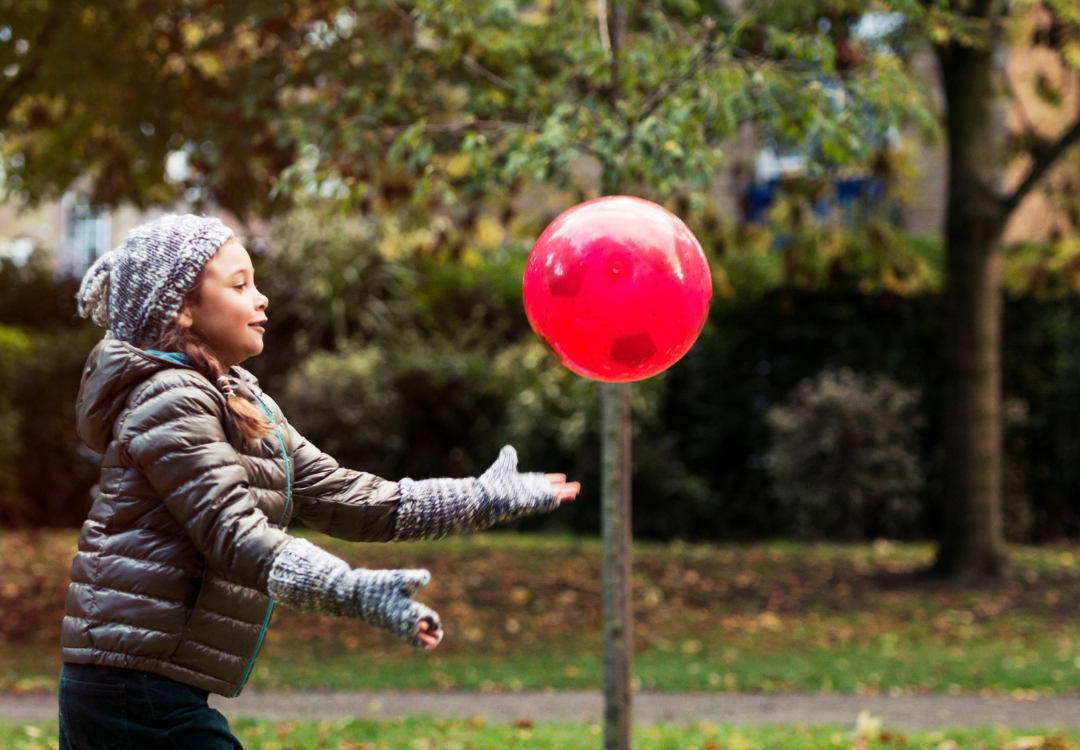We explore the signs, symptoms, and struggles of dyspraxia (known as Developmental Coordination Disorder (DCD) – addressing a frequently asked question: Have I got dyspraxia?
Much like every learning disability, intellectual disability, or neurological disorder – dyspraxia can only truly be diagnosed by a trained specialist. That said, it is often comforting to know the signs and symptoms that appear with disorders like dyspraxia before you book a GP appointment and get a subsequent referral. In this easy-to-understand blog, we address a frequently asked question: Have I got dyspraxia?
Is dyspraxia a learning disability?
Although people living with dyspraxia often have diagnosed learning disabilities or difficulties too, Dyspraxia (also known as Developmental Coordination Disorder (DCD) – is a genetic neurological disorder. DCD has nothing to do with intelligence or pace/way of learning, but instead affects the fine and gross motor functions we use to eat, speak, walk, and do everyday things.
For more information skip to our blog, `What is Dyspraxia?`
Signs of dyspraxia in adults
There are many physical signs and symptoms of dyspraxia in adults, though it can be hard to diagnose straight away. If you are an adult with dyspraxia, you may answer `yes` to the following statements [1]:
Everyday life and dyspraxia
I find it difficult to…
Follow a map or direction and tell left from right, which leads me to get lost often
Hold more than one object
Open bottles and jars
Say what I mean, often jumbling up words – or talking too quickly/slowly/quietly/loudly
Stay awake for a long time, which makes me feel tired
Personal care and dyspraxia
I struggle to…
Brush my teeth
Biting, chewing, or swallowing food
Tie my shoelaces
Pour a drink without spilling it
Sports, physical activity, and dyspraxia
I find it tough to…
Catch a ball
Hit a ball with a racket
Keep my balance
Walk without tripping over or bumping into people/objects
Conclusion
It is important to remember that this blog will not provide a diagnosis… but it will give you an idea of the signs and symptoms alone. If you resonate with the information we’ve provided, your next step is to explore the support available for adults with dyspraxia.
Support for adults with dyspraxia
The NHS: Developmental co-ordination disorder (dyspraxia) in children
Training centres: Our Services
Online resources: Resource Ideas
References:
[1] 27 Signs You Have Dyspraxia, aka Developmental Coordination Disorder

